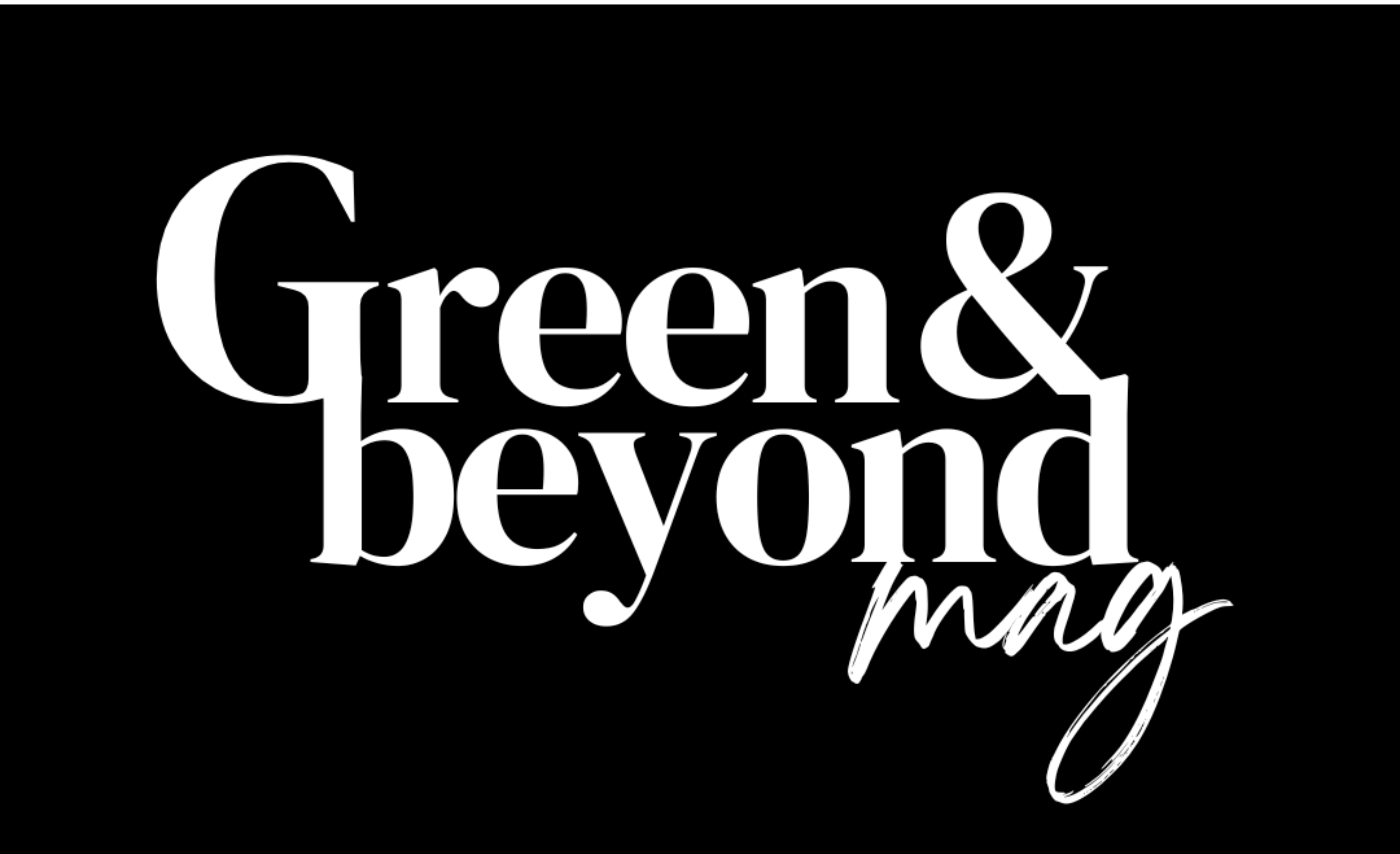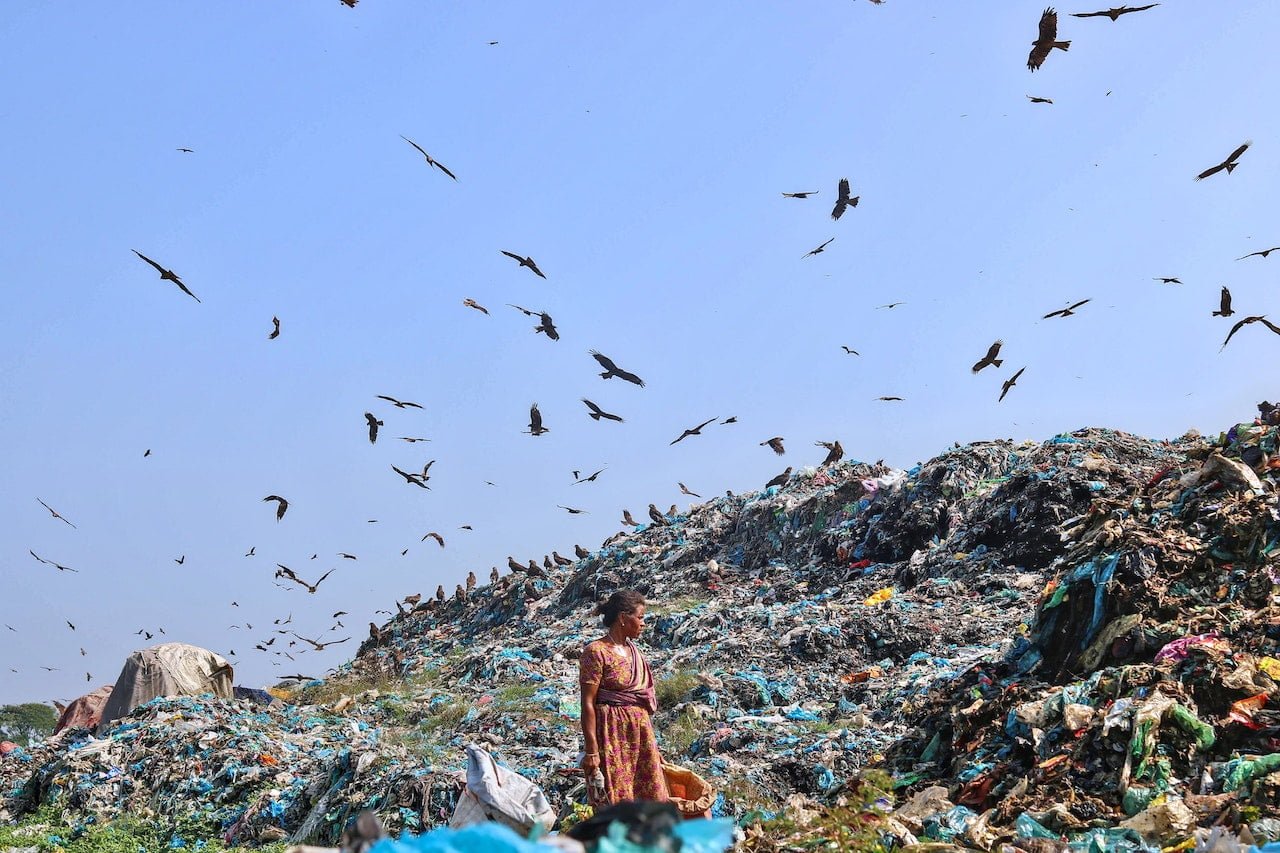Waste colonialism hasn’t been a new topic of discussion. With the term itself coined in 1989, waste colonialism remains very much alive in our modern age. Post COP-27, with the establishment of the loss and damage fund, it begs the question of whether waste colonialism is to have its own talks and implementations.
What is waste colonialism?
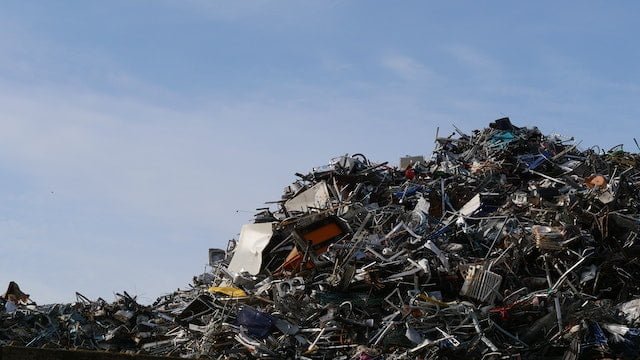
Waste colonialism refers to the movement of waste past sovereign borders, particularly from privileged and influential countries to lesser privileged and influential countries. The term “colonialism” is used to signify historical colonial relationship dynamics, and some argue that waste colonialism is considered as an extension of imperial colonialism. According to Lamech Opiyo, a Kenyan environmentalist, waste colonialism usually stems from “developed countries with huge multinational industries” with high rates of production, and exploit developing countries with these exports.
This is because the key concepts of colonialism are reinforced: (a) forced entry into a territory and its population (b) alteration or destruction of the indigenous culture and patterns of social organisation (c) domination of the indigenous population by representatives of the invading society and (d) justification of such activities with highly prejudicial, racist beliefs, and stereotypes.
Plastic waste colonialism is the output of plastic waste being moved to borders outside of its manufacturing site. Opiyo added that plastic waste colonialism is when “developed countries are trying to downpour and exploit developing countries by their waste – in this case, plastic waste.” According to the UN, 400 million tons of plastic is being produced annually. Plastic has been identified as the fastest growing material since the 1970s, and most of the plastic waste found in oceans and landfills is single use. 85% of plastic packaging ends up in landfills, which leads to the concept of plastic waste colonialism. Incidents of plastic waste colonialism have been no secret over the past two decades. Statistics from Eurostat showcase that the EU alone has exported 1.1 million tons of plastic waste in 2021. The European Parliament stated that around half of all the collected plastic for recycling is shipped elsewhere, with Turkey being the number one receiver.
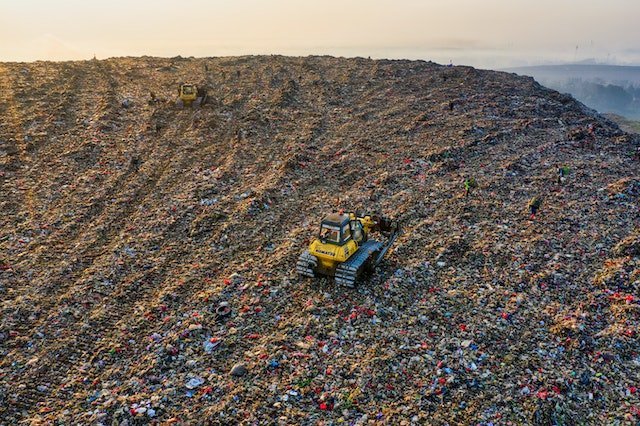
Why does waste colonialism happen?
It became evident that the reasons as to why waste colonialism occurs is because of the benefits involved in partaking in it. “Most of these developed countries find it very cheap.” Opiyo stated, with respect as to how plastic waste colonialism is cheaper to execute than to regulate domestically. It was also found that there are economic benefits to importing waste – which outweighs the societal and environmental harm it causes. Developing nations willingly – and at times unwillingly – get foreign waste across their borders for monetary compensation. A study by the World Bank has found that the amount of urban solid waste has increased by 70% and is expected to go from 1.3 billion tons/year to 2.2 billion tons by 2025. This would raise global annual costs to $375 billion from $205 billion.
This global increase in cost will happen most severely in cities of low-income countries. Plastic waste colonialism has made the movement of plastic from developed nations to developing nations a “business” that allows for the cheapest method of waste management with the highest consequence for nations that accept that waste. African and Asian countries are the ones that receive plastic waste from the Global North, with an exception to China. After the Chinese decision to no longer accept foreign waste, developed nations dumped approximately 1 billion tons of plastic waste into Senegal and Kenya a year after that decision.
It is no secret that it’s “relatively poor and marginalised” groups of people who suffer the most because of plastic waste colonialism, as said by Opiyo. According to Green Peace, plastic industries persuaded developing countries that the dumping of plastics could be an attempt to solve the present unemployment. However, it fails to be a sustainable solution to unemployment, and has more severe consequences – one of which correlates to environmental justice.

Plastic waste colonialism only adds to the issue of plastic waste that developing countries are already trying to combat. Nairobi, Kenya’s capital, generates over 2,400 tonnes of waste – a fifth of which is plastic, as reported by The Guardian. With the massive amounts of plastic waste that need to be regulated, it has introduced end-of-pipe technological solutions, which often have more negative consequences than positive ones. According to Gaia, an international environmental organisation, these solutions create severe health implications for workers, communities, and citizens by releasing exponential amounts of greenhouse gases, toxic air pollutants, dangerous ashes, and other hazardous materials. This excess plastic waste can negatively affect countries with regards to public health, economy, and sustainability – which is precisely why multiple policies have been introduced to combat plastic waste colonialism.
What has been done officially to combat plastic waste colonialism?
The Basel Convention – formally known as the Basel Convention on the Control of Transboundary Movements of Hazardous Wastes and their Disposal – is an international treaty signed in 1989. It was done to reduce the transfer of hazardous waste from developed countries to developing countries. The intention of the convention was to improve the socio-environmental aspects of the waste transferred, and to assist developing countries in the management of these wastes. As of May 2023, there are 191 parties within the convention; however, Hati and the USA have signed the convention without ratifying it.
In May of 2019, multiple countries have amended the Basel Convention to include plastic waste. This was done in wake of the discovery of 100 million metric tons of plastic found in the world’s ocean. The USA opposed this amendment; however, export shipment from the US is considered as “criminal traffic as soon as the ships get on high seas,” as stated by the Basel Action Network (BAN), with the shipments being subject to liability. Opiyo mentioned how there are so many policies and regulations present against plastic waste colonialism, but aren’t being implemented. Opiyo reiterates that policies are required to regulate the amount of waste that is being exported to developing countries, and the gap that is present between the actualisation of these regulations sets them back.
What can you do to combat waste colonialism?
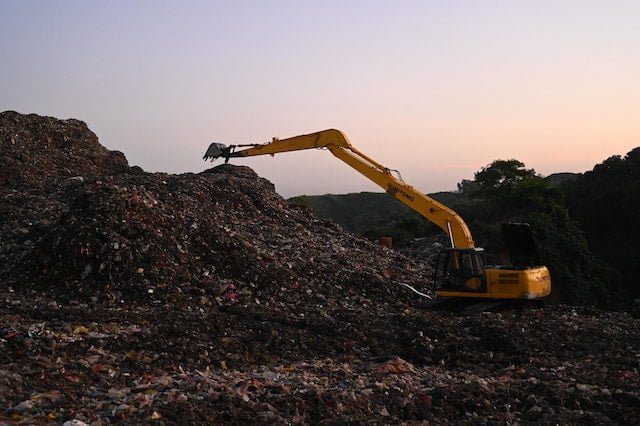
Awareness is a key factor in the fight against plastic waste colonialism. As simple as it sounds, regular citizens need to be aware that the recycling of plastic that they think they are participating in isn’t as straightforward as it seems. German citizens in 2019 were shocked to find their recycled plastic waste all the way in Turkey in 2020, as reported by The Guardian.
Opiyo emphasises that efforts in raising awareness towards waste colonialism should be consistent, and in the scope of an individual. Individual households should start prioritising their waste management, and move towards implementing a circular economic lifestyle. A circular economy refers to a model of production and consumption that revolves around using and reusing existing materials for as long as possible. The decision to become more sustainable should root from an individualistic level, with the priorities being set in line with that. Opiyo mentioned how awareness campaigns – even on social media – could impact different policies with regards to waste colonialism, considering that the biggest impacts start with the accumulation of small actions.
The attempt at being eco-friendly directly affects the products that are present within a household, which reinforces the idea that sustainability starts at home. The ability to influence other individuals to be eco-friendly can create a collective effort – consisting of the government, NGOs, international organisations, businesses etc. – to promote waste management practices. Opiyo states that awareness is key to creating a more “equitable and eco-friendly environment towards managing waste.”
An Egyptian-Filipino climate journalist who hopes she can fight against climate change, one story at a time.
